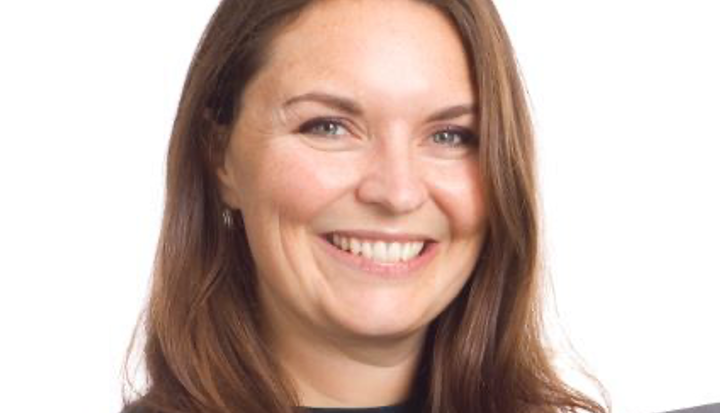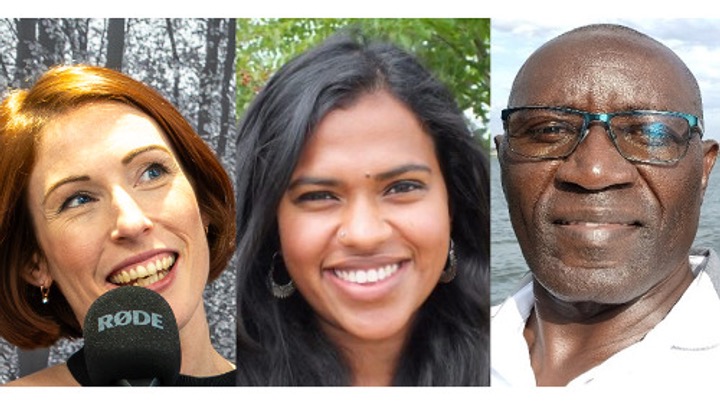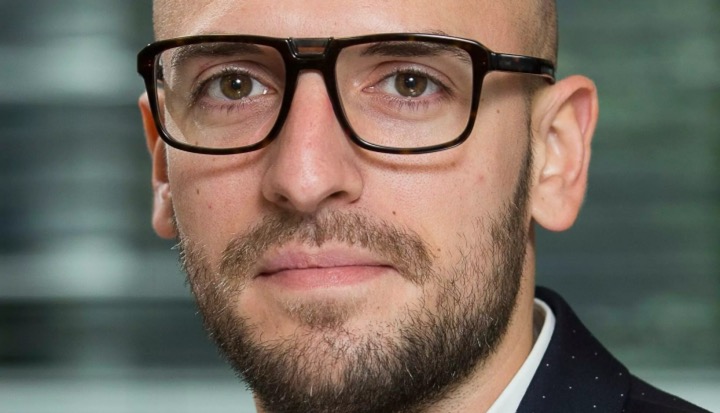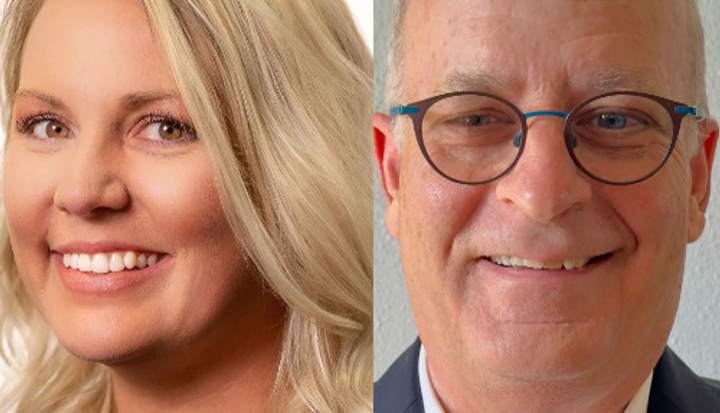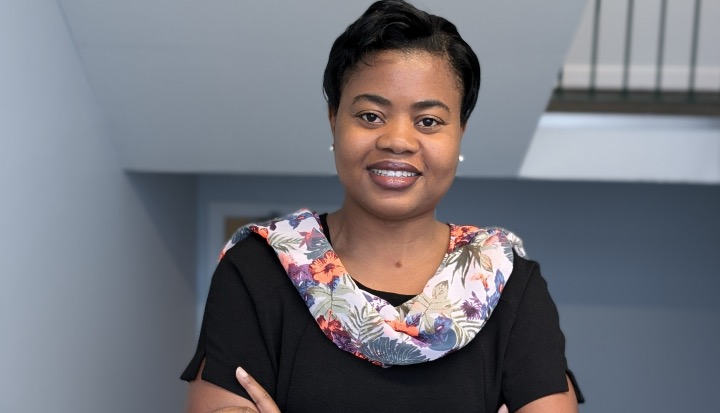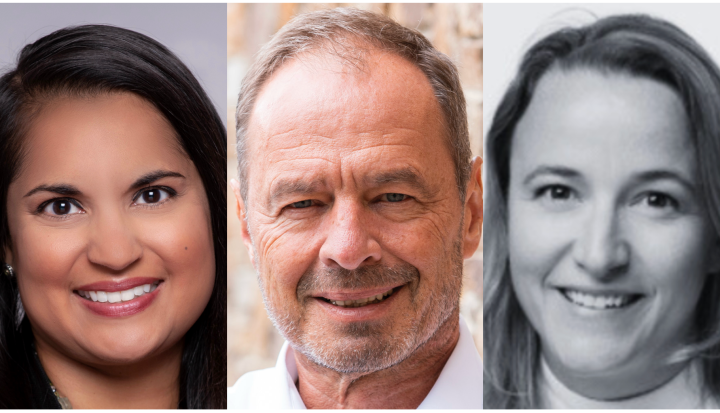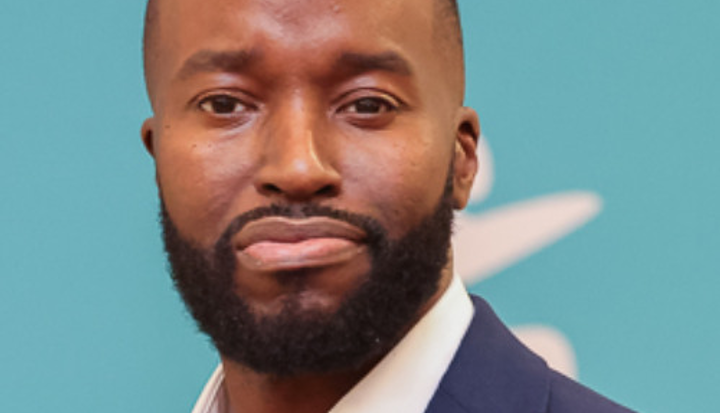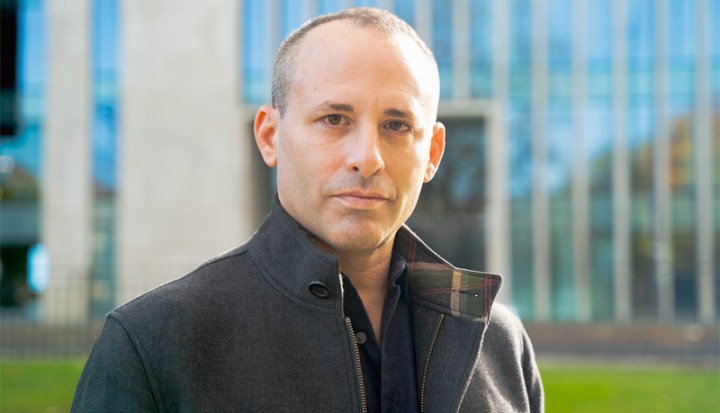BFP: What do you do?
MQ: In Africa, there is a tremendous pool of entrepreneurs, business owners, and young people who dream of making money and serving their communities but who lack the right opportunity, resources and support to reach their full potential.
Zoona (which means “it’s real” in Zambia’s main local language) offers these Emerging Entrepreneurs an opportunity to provide money transfer and other payment services to low-income consumers while earning commissions, creating employment, and generating a recurring revenue stream. Our ambition is to build a billion dollar business that increases financial inclusion and helps businesses grow in Africa.
BFP: What is the best part about your job/project?
MQ: I love so many things about Zoona that it’s hard to pick one! If I had to, I would say the impact Zoona is having to enable emerging entrepreneurs in Africa to make money and serve their communities. We have built a network of over 500 entrepreneurs in Zambia who earn an average of $500 per month in commissions in a country where the GDP per capita is only $1,500 per year. These entrepreneurs provide a critical service to 700,000 consumers who use Zoona to move money among their friends, family, and businesses. Many of these consumers are financially excluded and don’t have many options to move money that is not in physical cash, so we are solving a major pain point for them.
In addition, Zoona Entrepreneurs create jobs by hiring tellers and opening new outlets which in turn creates many positive knock-on effects. The majority of tellers are young women who don’t have many other opportunities, which is why Zoona was selected by the Nike Foundation and Unreasonable Institute for their Girl Effect Accelerator program.
I am also inspired by the challenge of building a billion dollar business that started with very humble roots in Zambia. Zoona was literally conceptualized in a text message between the two founders back in 2008 who saw the opportunity to make money and make a difference at the same time. Since then, we have grown to process $30 million per month in transaction value and have nearly 100 employees. Despite these achievements, we still feel relatively insignificant with respect to the size of the problem and opportunity, which keeps us up at night and helps launch us out of bed in the morning.
What has been your greatest challenge?
MQ: Our greatest challenge has been learning how to scale. In the early days, this meant simply staying alive and generating enough cash flow to pay salaries at the end of the month. We then spent 18-months getting “investment ready” and fundraising to close what was the first ever international venture capital investment in Zambia from the Omidyar Network, Accion Frontier Investment Group, and Sarona Asset Management. What followed was two years of building a team, refining our core product offering, putting in places systems, processes and controls, building our culture, and really honing in on what our core customers wanted and were willing to pay for.
We are now at the point where we believe we have done all of the hard work and are at the start of the next major challenge: scaling. We have just launched in Malawi and have plans to aggressively expand to as many markets as we can in the coming years. This is a new phase of our growth and one that will determine the size of our success over the coming years.
BFP: How have you overcome these challenges? / What has been the secret of your success? / What advice can you give others ?
MQ: Everything starts and ends with the management team. To be successful, it’s critical to have a cohesive team with clearly aligned incentives and well-defined roles and responsibilities. In a fast growth environment such as ours, these need to be constantly re-evaluated and redefined. If you have the right team in place, good things can and will happen.
Secondly, define your core customer segment and focus relentlessly on meeting their needs through your products, processes, and people. This is much easier said than done, as the default option is usually to try to be all things to all people and finding excuses not to say “no.” The problem with not saying “no” is that it creates more work and adds complexity, which ultimately slows down growth. We have sometimes learned this the hard way but it’s a critically important lesson.
Thirdly, build an awesome culture that A-players want to be a part of. Great people want to work with (and hire) other great people, so getting this right is crucial. At Zoona, we have been very purposeful crafting an employee experience that enables A-players to find their “flow” and want to give that extra effort to serve our customers. Our success in this area will perhaps be the biggest determinant of whether Zoona grows to become the awesome world-class business that we aspire to be.
BFP: If someone wants to do what you do – where do they start?
MQ: I don’t believe there is any one right route, but as a patriotic Canadian I will quote Wayne Gretzky to “skate to where the puck is going to be, not where it has been”. I started out as a Mechanical Engineering student in Vancouver and saw an opportunity to contribute to a new start-up organization called Engineers Without Borders. Upon graduating, I volunteered with EWB for 2.5 years in Ghana and Zambia without being able to pick out either country on a map before going there. I then went to do a Master’s in International Development Management at the London School of Economics before attending Oxford University’s Said Business School as a Skoll Scholar for Social Entrepreneurship.
Upon completing my MBA, I went back to Zambia on a consulting contract from an investment fund in search of entrepreneurs to work with. I met the two founders of Zoona, helped facilitate a $200k early stage investment, and then jumped sides to work with them full time (which was made official when my parents mortgaged their house to lend me $100k to invest into what was a fledgling business). We had a great team dynamic from the beginning, and after a while they felt that I was best suited in the role of CEO while I felt it was my primary responsibility to unleash their full potential as entrepreneurs. This relationship and teamwork has only strengthened over the years.
Entrepreneurship has always been in my veins and I love taking risks, but even if you are more risk averse than there are plenty of entrepreneurs out there who are battling to turn ideas into reality and need help and support. The best part about working with entrepreneurs is you get to contribute to creating the future. It’s sometimes a tumultuous journey but it’s always an incredible learning experience.
BFP: Finally, What do you hope to get out of being part of the BFP community?
MQ: It’s always great to be part of a community of like-minded individuals who are trying to make a difference in the world. That’s what impresses me with BFP – we all believe in the power of enterprise to drive growth and development. I look forward to building my BFP network and seeing what connections emerge!
Thank you to Mike Quinn for taking the time to do this interview.
We’re always looking out for members to feature. Help us by taking two-minutes to update your profile, or by nominating someone for Business Fights Poverty Member of the Week.
Read previous Member of the Week interviews here.

